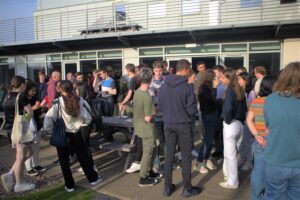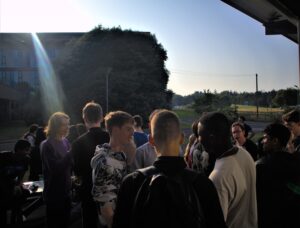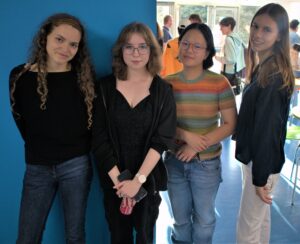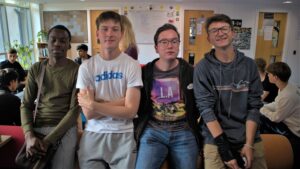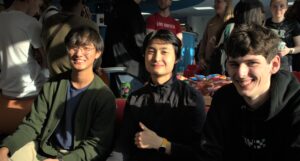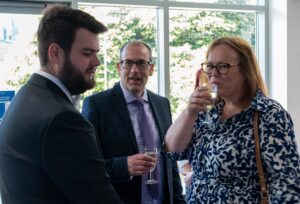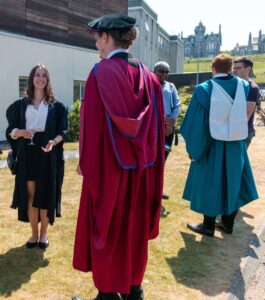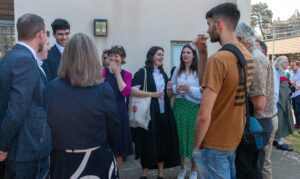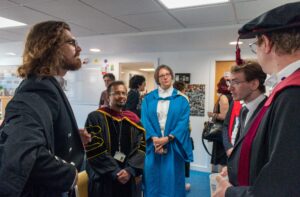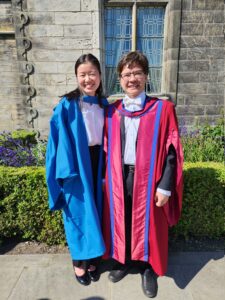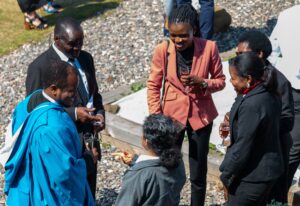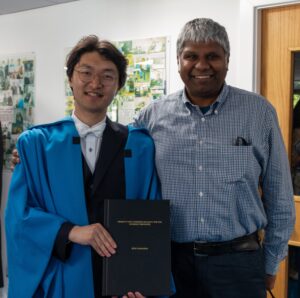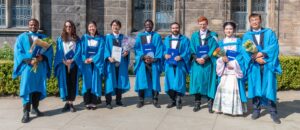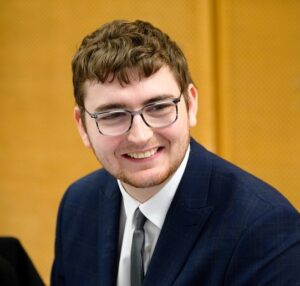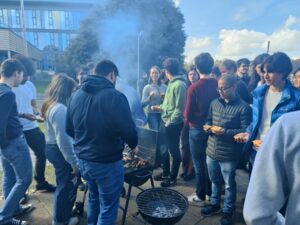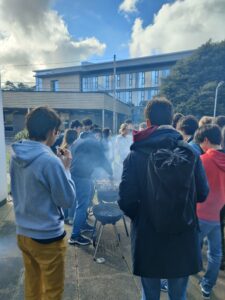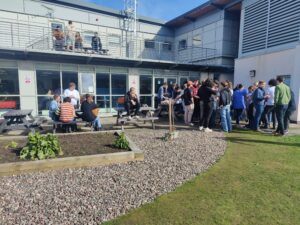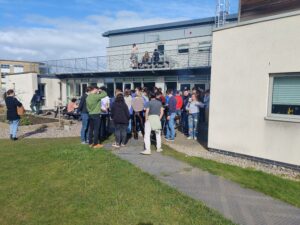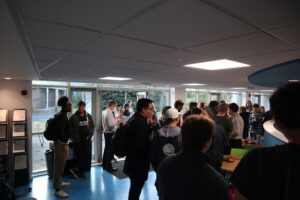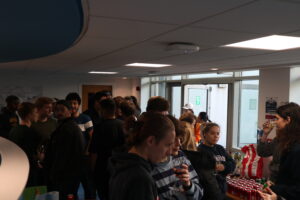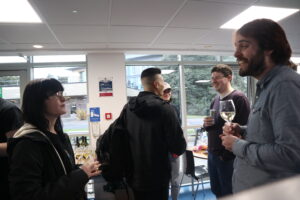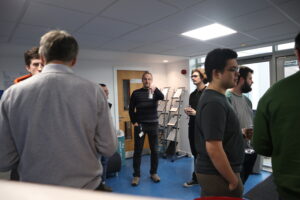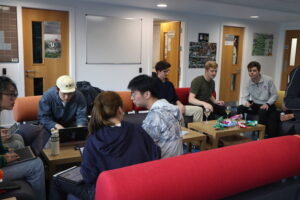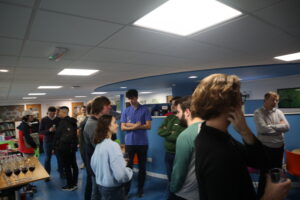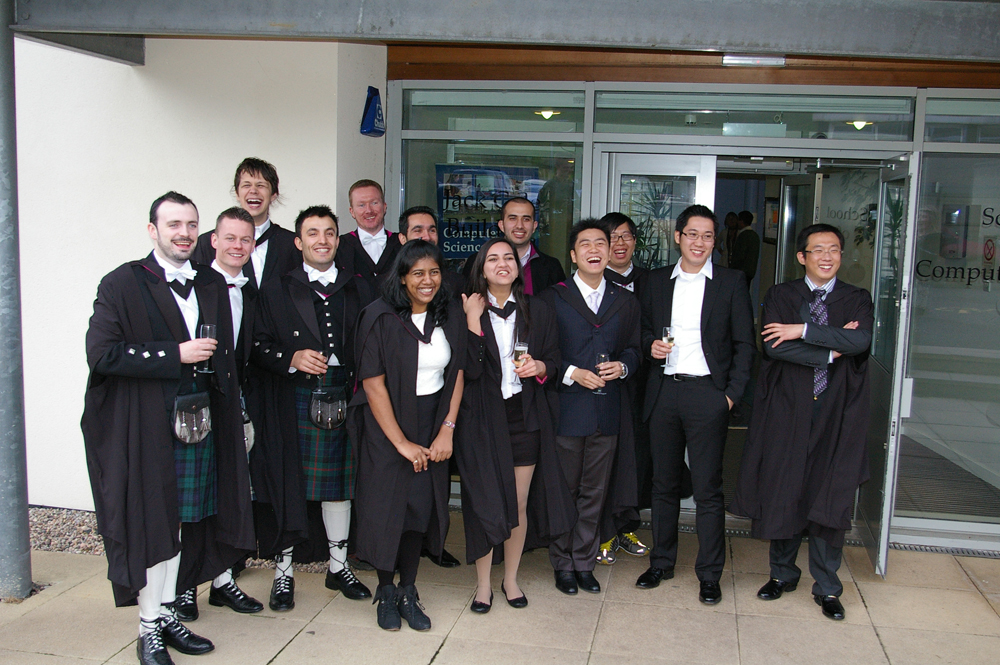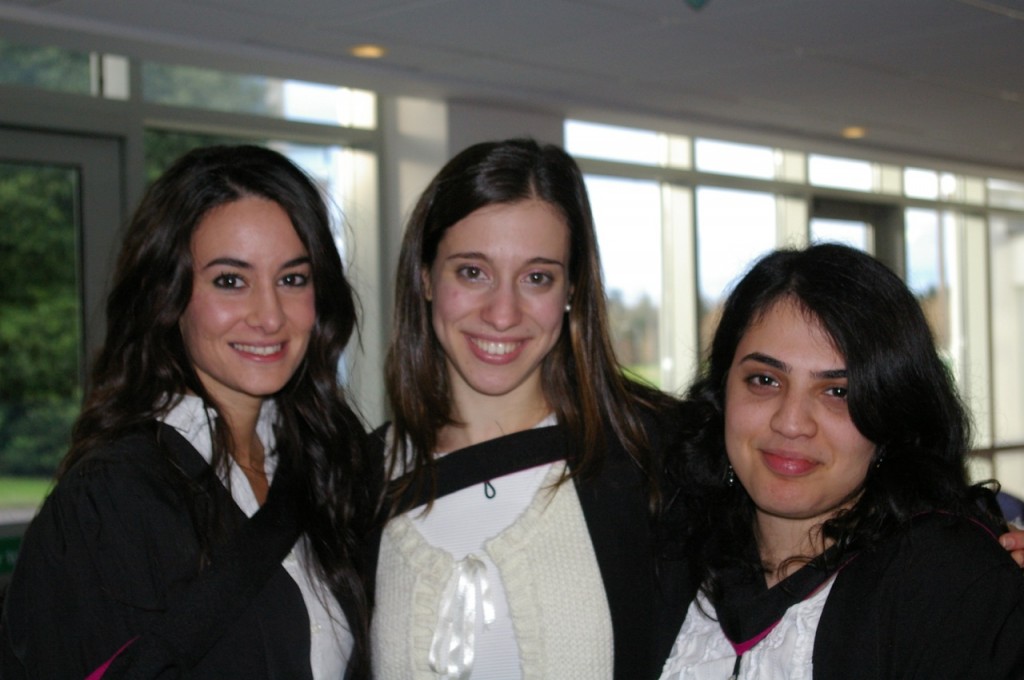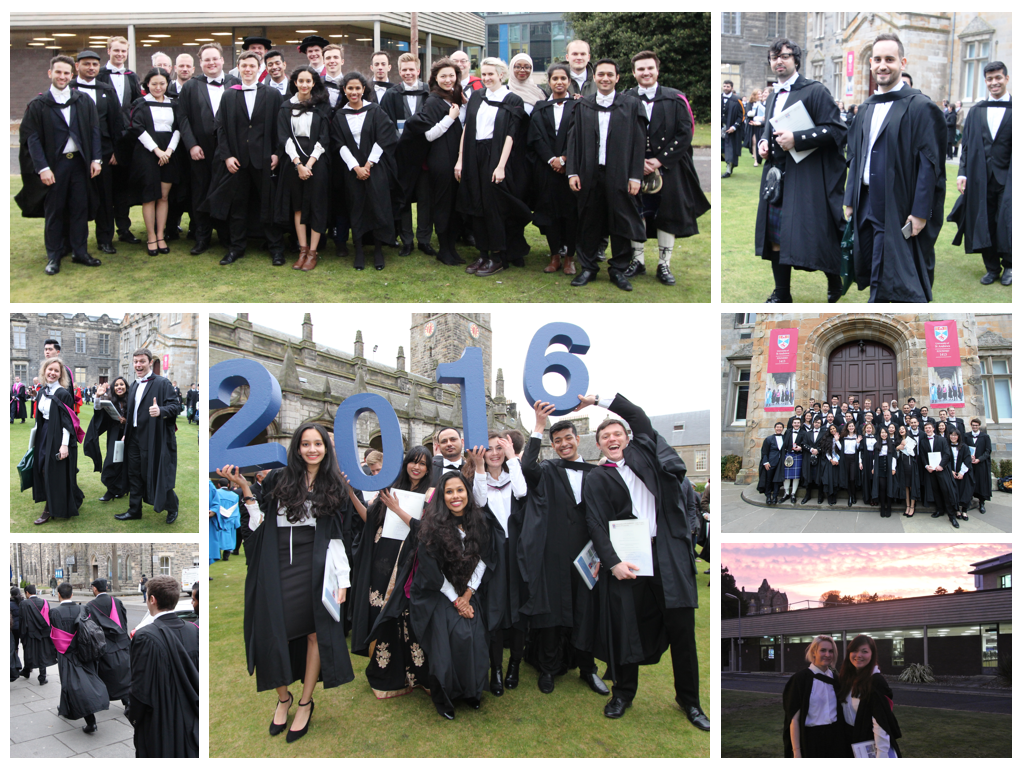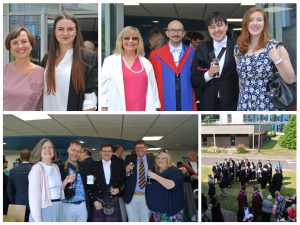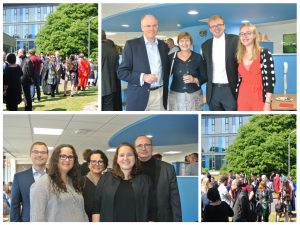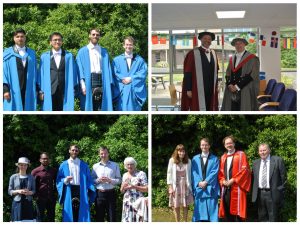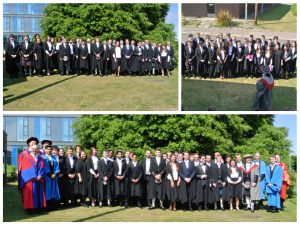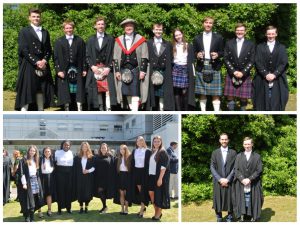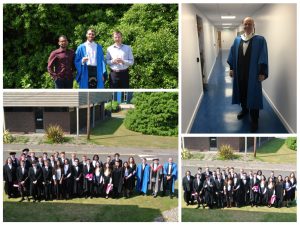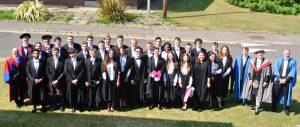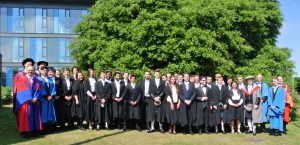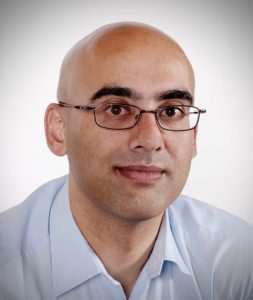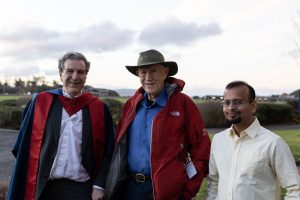
Venue: The Old Course Hotel (Hall of Champions)
Timetable:
9:30 Lecture 1
10:30 Break with Coffee
11:15 Lecture 2
12:15 Break for Lunch (not provided)
14:15 Lecture 3
15:15 Discussion
Lecture 1: Introduction to Scalable Intelligent Systems
Lecture 2: Foundations for Scalable Intelligent Systems
Lecture 3: Implications of Scalable Intelligent Systems
Speaker Bio:
Professor Carl Hewitt is the creator (together with his students and other colleagues) of the Actor Model of computation, which influenced the development of the Scheme programming language and the π calculus, and inspired several other systems and programming languages. The Actor Model is in widespread industrial use including eBay, Microsoft, and Twitter. For his doctoral thesis, he designed Planner, the first programming language based on pattern-invoked procedural plans.
Professor Hewitt’s recent research centers on the area of Inconsistency Robustness, i.e., system performance in the face of continual, pervasive inconsistencies (a shift from the previously dominant paradigms of inconsistency denial and inconsistency elimination, i.e., to sweep inconsistencies under the rug). ActorScript and the Actor Model on which it is based can play an important role in the implementation of more inconsistency-robust information systems. Hewitt is an advocate in the emerging campaign against mandatory installation of backdoors in the Internet of Things.
Hewitt is Board Chair of iRobust™, an international scientific society for the promotion of the field of Inconsistency Robustness. He is also Board Chair of Standard IoT™, an international standards organization for the Internet of Things, which is using the Actor Model to unify and generalize emerging standards for IoT. He has been a Visiting Professor at Stanford University and Keio University and is Emeritus in the EECS department at MIT.
Abstract:
A project to build the technology stack outlined in these lectures can bring Scalable Intelligent Systems to fruition by 2025. Scalable Intelligent Systems have the following characteristics:
- Interactively acquire information from video, Web pages, hologlasses, online data bases, sensors, articles, human speech and gestures, etc.
- Real-time integration of massive pervasively inconsistent information
- Scalability in all important dimensions meaning that there are no hard barriers to continual improvement in the above areas
- Close human collaboration with hologlasses for secure mobile interaction. Computers alone cannot implement the above capabilities
- No closed-form algorithmic solution is possible to implement the above capabilities
Technology stack for Scalable Intelligent Systems is outlined below:
- Experiences Hologlasses: Collaboration, Gestures, Animations, Video
- Matrix Discourse, Rhetoric, and Narration
- Citadels No single point of failure
- Massive Inconsistency Robust Ontology Propositions, Goals, Plans, Descriptions, Statistics, Narratives
- Actor Services Hardware and Software
- Actor Many Cores Non-sequential, Every-word-tagged, Faraday cage Crypto, Stacked Carbon Nanotube
For example, pain management could greatly benefit from Scalable Intelligent Systems. Complexities of dealing with pain have led to the current opioid crisis. According to Eric Rodgers, PhD., director of the VA’s Office of Evidence Based Practice:
“The use of opioids has changed tremendously since the 1990s, when we first started formulating a plan for guidelines. The concept then was that opioid therapy was an underused strategy for helping our patients and we were trying to get our providers to use this type of therapy more. But as time went on, we became more aware of the harms of opioid therapy and the development of pill mills. The problems got worse.
It’s now become routine for providers to check the state databases to see if there’s multi-sourcing — getting prescriptions from other providers. Providers are also now supposed to use urine drug screenings and, if there are unusual results, to do a confirmation. [For every death from an opioid overdose] there are 10 people who have a problem with opioid use disorder or addiction. And for every addicted person, we have another 10 who are misusing their medication.”
Pain management requires much more than just prescribing opioids, which are often critical for short-term and less often longer-term use. [Coker 2015; Friedberg 2012; Holt 2017; Marchant 2017; McKinney 2015; Spiegel 2018; Tedesco, et. al. 2017; White 2017] Organizational aspects play an important role in pain management. [Fagerhaugh and Strauss 1977]
Event details
- When: 13th November 2018 09:30 - 15:30
- Series: Distinguished Lectures Series
- Format: Distinguished lecture


